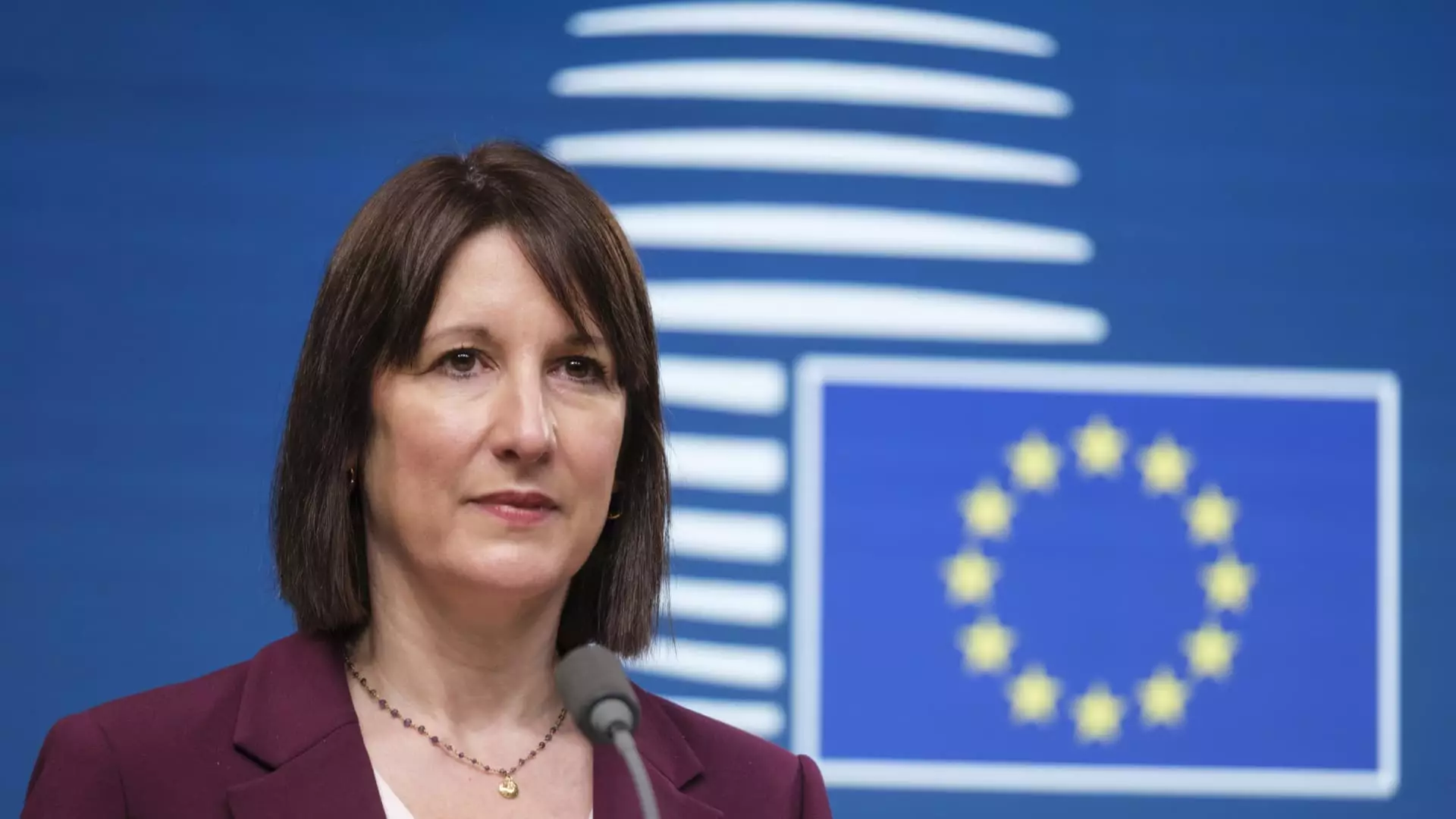As the political landscape shifts globally with the impending rise of President-elect Donald Trump, the United Kingdom is poised to reevaluate its relationships across the Channel. The U.K. and the European Union, still reeling from the ramifications of Brexit, are beginning to engage more strategically in light of potential trade and defense challenges posed by the new U.S. administration. Notably, the visit of U.K. Chancellor Rachel Reeves to Brussels has exemplified a proactive approach aimed at not only safeguarding mutual interests but also reinforcing economic and diplomatic ties between the two regions.
Chancellor Reeves’ trip marks the first significant high-level dialogue since the U.K. formally exited the EU in 2020. This meeting with her EU counterparts, including Eurogroup President Paschal Donohoe, signals a crucial recommitment to collaboration amidst uncertain international dynamics. Discussion topics included supportive action for Ukraine, advocacy for free trade, and the enhancement of bilateral economic partnerships—three pillars that could shape their collaborative future. According to a source cited after the meeting, there was a collective acknowledgment of shared values, particularly concerning geopolitical matters including relations with Russia, China, and the United States.
Shared Interests in a Turbulent World
Political analysts recognize that the meetings held in Brussels come against a backdrop of potential alterations in U.S. foreign policy under President Trump. The prospect of tariffs on European nations and drastically reduced support for Ukraine could lead to deeper isolation for the EU, making stronger ties with the U.K. essential. The conventional notion of the “special relationship” between Britain and the U.S. appears pivotal, as evidenced by a senior EU diplomat’s remarks on this historical bond. These dynamics pose unique challenges and opportunities as both the U.K. and EU prepare to navigate a more protectionist U.S. policy under the new administration.
The prioritization of specific areas for joint action reflects mutual interests and a recognition of interdependence. Fostering a collective approach to free trade agreements, addressing the ongoing conflict in Ukraine, and enhancing economic resilience against external pressures are crucial steps in re-establishing trust. Chancellor Reeves clarified her intention was not to engage in negotiations over EU membership or existing agreements but rather to open a dialogue aimed at rebuilding strained relationships. Such a framework fosters a spirit of partnership rather than adversarial negotiations, allowing for a constructive and strategic dialogue to take root.
The advent of a new Labour government is pivotal for this intended reset in relations. Having come to power after a prolonged period of Conservative governance, the Labour Party seeks to mend fences and cultivate an atmosphere of collaboration with the EU. Reeves’ assertion that her visit was meant to begin rebuilding trust rather than making demands demonstrates a conscious effort to approach discussions with a collaborative mindset. By focusing on trust-building efforts, both parties can work coactively toward common goals while navigating the complex aftermath of Brexit.
Challenges Ahead: Navigating the Future
Despite this promising start, obstacles remain. The enduring impact of Brexit lingers in the psyche of both the U.K. and the EU while perceptions of political reliability may be questioned in light of changing administrations. The complexity inherent in negotiating partnerships that honor the sovereignty of both entities while addressing common challenges will require deft handling. Continued dialogue will be imperative as the U.K. and EU attempt to align their strategies with dynamic global conditions, especially with the U.S’s unpredictable stance on international relations.
The initial meetings between U.K. officials and their EU counterparts represent a significant effort to reshape and solidify ties post-Brexit. As both parties grapple with an evolving political landscape, the need for cooperation becomes imperative. The upcoming discussions, centered on mutual interests and shared values, may yet yield a framework for strategic collaboration that not only benefits the U.K. and EU but also enhances their standing in a rapidly changing world. Through constructive dialogue and trust-building, the potential for a revitalized partnership looks promising, even amidst the uncertainty that the future holds.


Leave a Reply